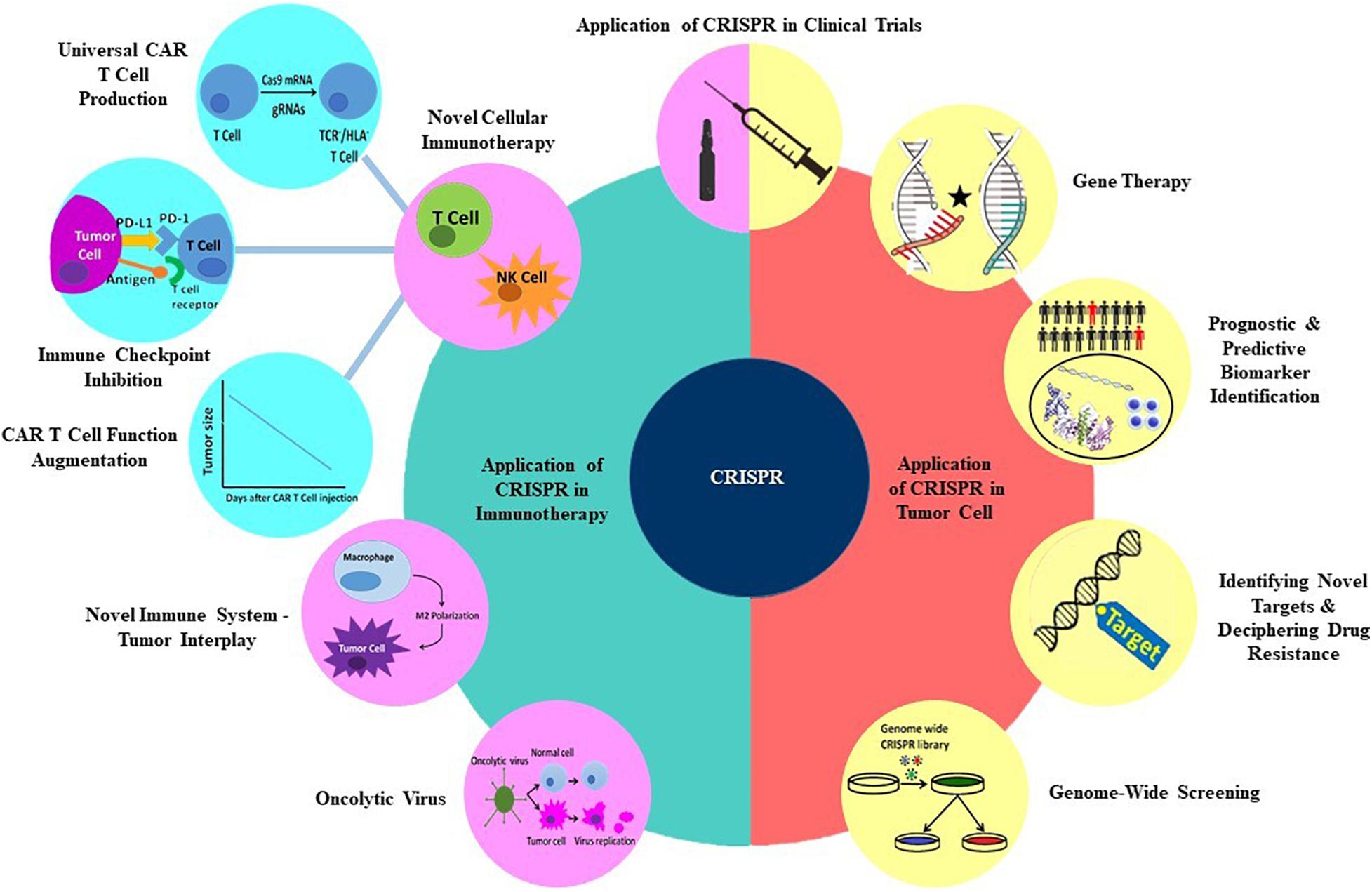Cancer research is critical not just for those currently diagnosed but also for the healthy population, as many will potentially face cancer in their lifetime. The advancements in cancer treatment significantly benefit families and individuals, showcasing the importance of continued research funding and support. Just as one invests in a pension for future security, investing in cancer research offers hope for breakthroughs that can save lives. The history of cancer survival rates demonstrates remarkable progress, highlighting the ongoing need for research and innovation.
Historical Context: Survival Rates and Progress
When examining cancer survival rates, the advancements over the decades are striking. For instance, survival rates for non-Hodgkin’s lymphoma have increased from under 2% to 72% today. Similarly, HER2+ breast cancer survival rates have risen from less than 5% to 92.5%. These statistics illustrate the effectiveness of ongoing research and its tangible impacts on patient outcomes. This historical context not only underscores the progress made but also serves as a reminder that challenges remain. Continuous efforts in research and clinical trials are essential for further improving these statistics and finding cures for various cancer types. The evolution of treatment protocols and early detection methods has played a vital role in enhancing survival rates, showcasing the importance of sustained investment in cancer research.

The Complexity of Cancer: More Than Just a Disease
Cancer is not a single entity but a vast array of diseases, each requiring unique approaches for treatment and research. The misconception that there should be a “one-size-fits-all” cure overlooks the intricate nature of cancer biology. Different types of cancer exhibit varied behaviors and responses to treatment, necessitating tailored research and therapy strategies. For instance, the genetic mutations present in breast cancer may differ significantly from those in lung cancer, which influences treatment efficacy. Understanding this complexity is vital for researchers, healthcare professionals, and the public to foster realistic expectations in the fight against cancer. By recognizing the distinct characteristics of each type of cancer, we can better allocate resources and develop innovative therapies that cater to specific needs.
The Role of Research: Why Reproducibility Matters
Reproducibility is a cornerstone of scientific research, essential for validating findings and guiding future studies. Instances of high-profile studies failing reproducibility efforts reveal significant issues within the research community. The inability to replicate results can lead to wasted resources and misguided directions in research. Emphasizing the importance of replication and validation in research practices could enhance the efficiency and effectiveness of cancer research initiatives. Researchers are increasingly advocating for transparent methodologies and open data sharing to improve reproducibility. This collective effort can foster a more robust research environment where findings are reliable and actionable, ultimately leading to better patient outcomes.
Funding and Resource Allocation: Ensuring Effective Use
The allocation of funding in cancer research is crucial for maximizing the impact of investments. Many promising lines of investigation fail to lead to new therapies, highlighting the need for more stringent evaluation of research proposals. A focus on replicating existing findings before pursuing extensive funding could streamline the process and ensure that only the most viable projects receive support. This approach could mitigate the high attrition rates commonly seen in clinical trials, where many candidates drop out before reaching the market. Funding bodies must prioritize innovative projects with a strong foundation of preliminary data. By ensuring that resources are allocated effectively, we can maximize the potential for breakthroughs in cancer treatment.
Advancements in Technology: Personalizing Cancer Treatment
Recent technological advancements have revolutionized cancer treatment, particularly through personalized medicine. Understanding the genetic makeup of individual tumors allows for more targeted therapies that align with patients’ specific cancer types. Innovations such as genome sequencing and CRISPR technology have opened new avenues for developing effective treatments. Personalized strategies not only improve survival rates but also minimize unnecessary side effects, making treatment more tolerable for patients. As we continue to harness technology, the future of cancer treatment looks promising. Ongoing research into biomarkers and genetic profiling will further refine treatment approaches, ensuring that therapies are tailored to the unique characteristics of each patient’s cancer.
The Impact of Immunotherapy: A New Frontier
Immunotherapy represents a groundbreaking shift in cancer treatment, harnessing the body’s immune system to combat cancer cells. Discoveries around checkpoint molecules have led to the development of therapies that enhance immune responses against tumors. These therapies have shown remarkable success in treating certain types of cancer, such as melanoma and lung cancer, providing new hope for patients who previously had limited options. The success of immunotherapy highlights the potential for novel treatment strategies that can complement traditional methods. As research continues in this area, we may uncover even more effective ways to target and eliminate cancer, paving the way for a new era in cancer treatment.
The Future of Cancer Research: Hope and Realism
Looking ahead, the future of cancer research is filled with both hope and challenges. While significant progress has been made in understanding cancer, the journey toward finding effective treatments for all cancer types is ongoing. Researchers must remain committed to exploring innovative approaches, learning from past failures, and adapting strategies based on new discoveries. The complexity of cancer requires a persistent and collaborative effort across disciplines to ensure continued advancements. Public and private stakeholders must work together to provide the necessary resources and support for groundbreaking research. By fostering an environment of innovation and collaboration, we can accelerate the pace of discovery and improve outcomes for cancer patients.
Conclusion: The Collective Responsibility in Cancer Research
The fight against cancer is a collective responsibility that involves researchers, healthcare professionals, policymakers, and society at large. By supporting cancer research and advocating for transparency and reproducibility, we can foster an environment that encourages innovation and effective treatment strategies. Understanding the challenges and progress made in cancer research not only informs public perception but also emphasizes the need for ongoing commitment and investment in this critical field. Together, we can make strides toward a future where cancer is more manageable, and ultimately, curable.